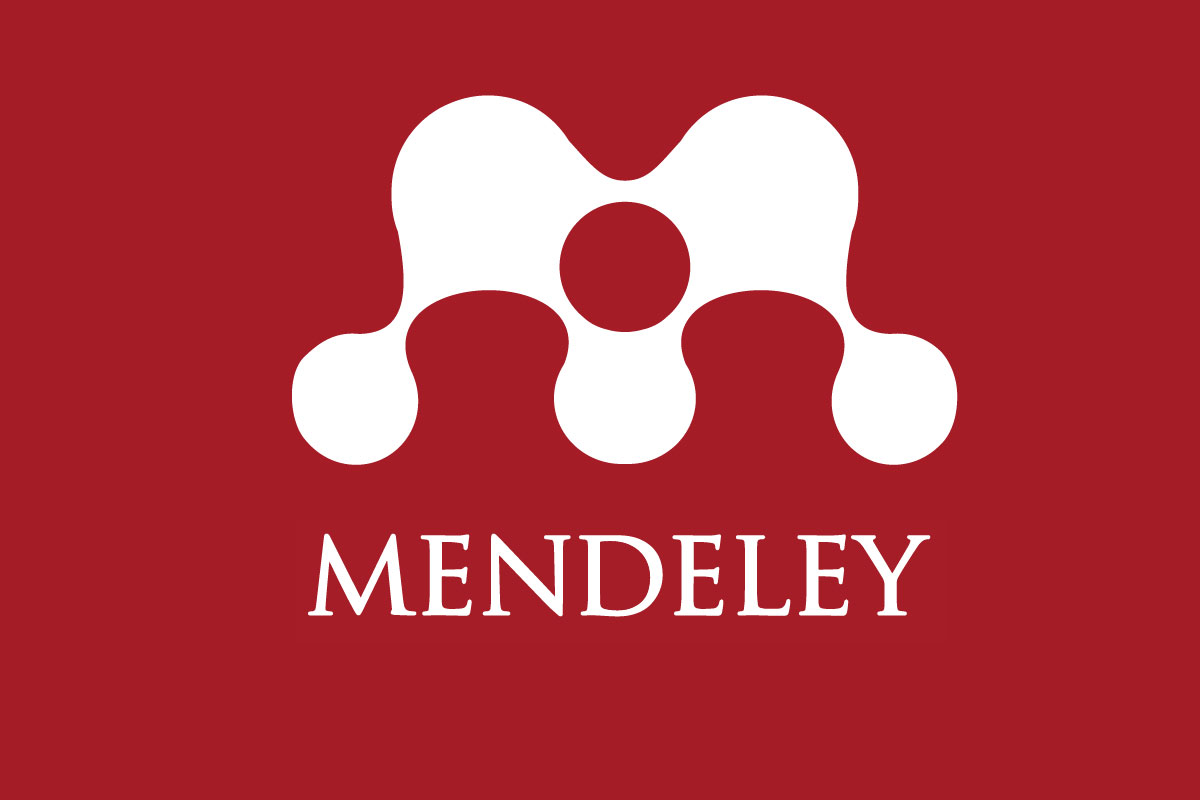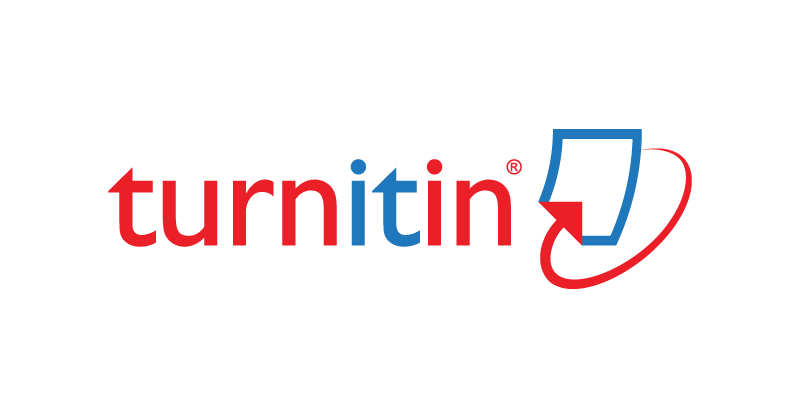Integration of Islamic Values in Early Childhood Learning
Kata Kunci:
Islamic values, Early childhood education, Character development, Moral formationAbstrak
Introduction to The Problem: Integration of Islamic values into early childhood learning is important, this is because it is in the early childhood phase that character is formed, and religious values can be a key element in its formation. Purpose: This study aims to reveal the concept of integrating Islamic values into early childhood learning. In addition, this study also explores the role of parents and teachers in the context of collaboration in shaping children's character. Design/methods/approach: This research is a type of library research, namely data collection through a study of primary and secondary documents. In library research, data is obtained by reviewing documents relevant to the problem being studied. The approach used in this study is qualitative research, which aims to describe and analyze phenomena, events, social activities, attitudes, beliefs, perceptions, and thoughts of individuals or groups. Data in this study were collected through documentation techniques. After the data is collected, the next step is data analysis, which is carried out through three main stages, namely data reduction, data presentation, and drawing conclusions or verification. Findings: This study shows that the integration of Islamic values in early childhood learning has a positive impact on the formation of children's character and morals. Values such as honesty, compassion, responsibility, and mutual respect can be applied through activity-based methods, such as playing, storytelling, and daily prayers. The results of this study support the hypothesis that the introduction of Islamic values from an early age can improve children's social-emotional development. However, the main challenges found are the limited understanding of educators and the lack of relevant and interesting teaching materials. Therefore, training is needed for educators and the development of more innovative and enjoyable materials. This study also shows the great relevance of the integration of Islamic values in early childhood education, which can protect children from the negative effects of globalization and form a generation with strong morality and spirituality. Research implications/limitations: This study still has shortcomings in terms of data aspects and depth of analysis techniques. In addition, limitations in terms of linkage to supporting documents. Originality/value: The results of this study can be a general description of the tradition of Integration of Islamic values in early childhood learning. Further research can be further refined with deeper themes and supporting document depth, so as to provide richer information in describing a complete conception.
Referensi
Arini, S. D., & Roesminingsih, E. (2021). Kurikulum Integrasi : Mengoptimalkan Kecerdasan Majemuk Anak. Lembaran Ilmu Kependidikan, 50(1).
Arriani, F. (2017). Kebijakan Layanan Pendidikan Untuk Anak Berkebutuhan Khusus (ABK) Di Satuan Pendidikan Anak Usia Dini (PAUD). AWLADY : Jurnal Pendidikan Anak, 3(1). https://doi.org/10.24235/awlady.v3i1.1217
Atin Risnawati, & Dian Eka Priyantoro. (2021). Pentingnya Penanaman Nilai-Nilai Agama Pada Pendidikan Anak Usia Dini Dalam Perspektif Al-Quran | As-Sibyan: Jurnal Pendidikan Anak Usia Dini. As-Sibyan, 6(1).
Elihami, & Ekawati. (2020). Persepsi Revolusi Mental Orang Tua Terhadap Pendidikan Anak Usia Dini. Edukasi Nonformal , 1(2), 1–16.
Hanipudin, S. (2019). Pendidikan Islam di Indonesia dari Masa ke Masa. Matan : Journal of Islam and Muslim Society, 1(1). https://doi.org/10.20884/1.matan.2019.1.1.2037
Hanipudin, S. (2020a). Konsepsi Guru Modern Dalam Pendidikan Islam. Al-Munqidz : Jurnal Kajian Keislaman, 8(3). https://doi.org/10.52802/amk.v8i3.265
Hanipudin, S. (2020b). Sarno Hanipudin: “Konsepsi Guru Modern Dalam Pendidikan Islam” Institut Agama Islam Imam Ghozali (IAIIG) CILACAP LPPM (Lembaga Penelitian dan Pengabdian Masyarakat) Konsepsi Guru Modern Dalam Pendidikan Islam. Kajian Keislaman, Jurnal Hanipudin STAI Sufyan Tsauri Majenang, 3(17).
Hanipudin, S., & Muanasah, A. (2024). Penanaman Karakter Bagi Anak Usia Dini Melalui Cerita Wayang. ABDIMASKU : Jurnal Pengabdian Masyarakat, 7(1). https://doi.org/10.62411/ja.v7i1.1738
Nana Sayaodih Sukmadinata. (2015). Metode Penelitian Pendidikan. Remaja Rosdakarya.
Rosmiati Azis. (2019). Hakikat dan Prinsip Metode Pembelajaran Pendidikan Agama Islam. Jurnal Inspiratif Pendidikan, 8(2).
Sarno Hanipudin, L. K. M. H. (2024). Islamic Education And The Challenges Of The Industrial Revolution 4.0 . IJIRCS: International Journal Of Islamic Religion and Culture Studies, 2(2), 1–7.
Siraj, Nasrah, S., Abnu, M. C., Illah, A., & Simehate, B. S. (2022). Pendidikan Terpadu: Integrasi Nilai-nilai Keislaman, Kebangsaan, Keacehan dalam Pembelajaran. Journal On Teacher Education, 4.
Sugiyono. (2014). Metode Penelitian Pendidikan Pendekatan Kuantitatif, Kuaitatif, Dan R & D . Alfabeta.
Sulaiman. (2017). Metodologi Pembelajaran Pendidikan Agama Islam (PAI) (Kajian Teori Dan Aplikasi Pembelajaran PAI) . Yayasan Pena Banda Aceh.
Syahraini Tambak. (2014). Pendidikan Agama Islam: Konsep Metode Pembelajaran PAI . Graha Ilmu.
Unduhan
Diterbitkan
Terbitan
Bagian
Lisensi
Hak Cipta (c) 2024 IJIRCS : International Journal of Islamic Religion dan Culture Studies

Artikel ini berlisensiCreative Commons Attribution-ShareAlike 4.0 International License.










